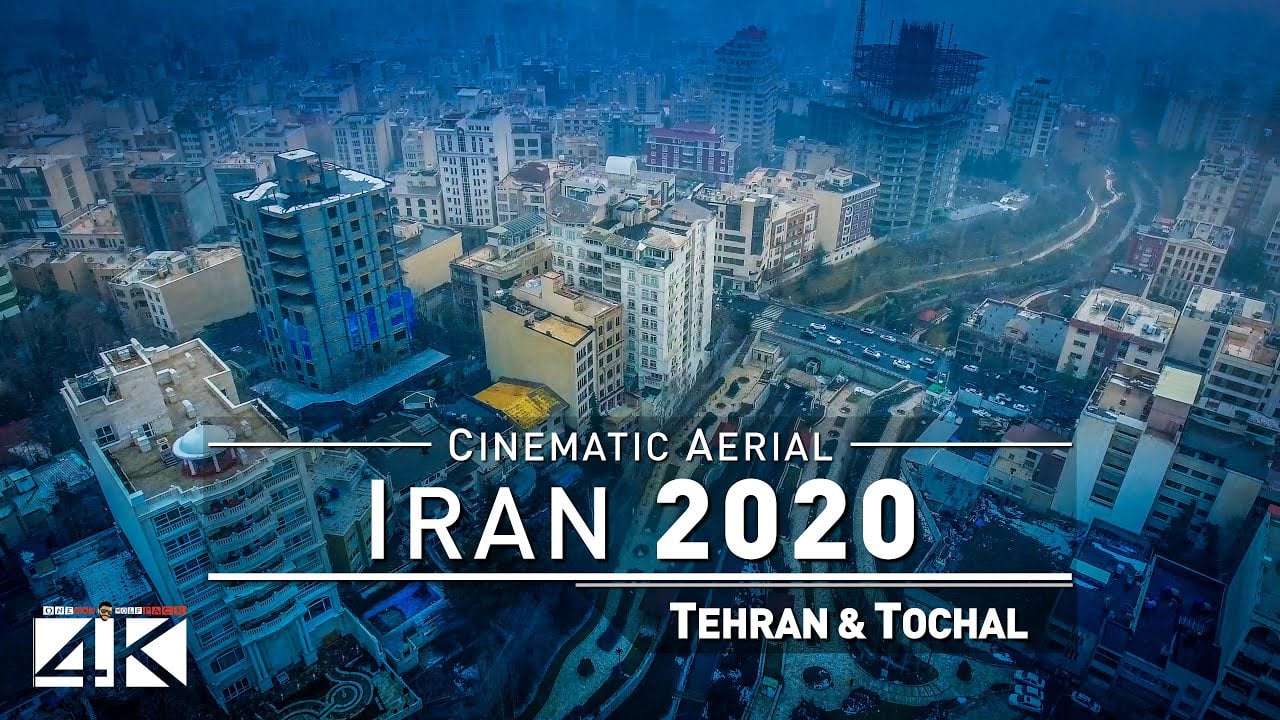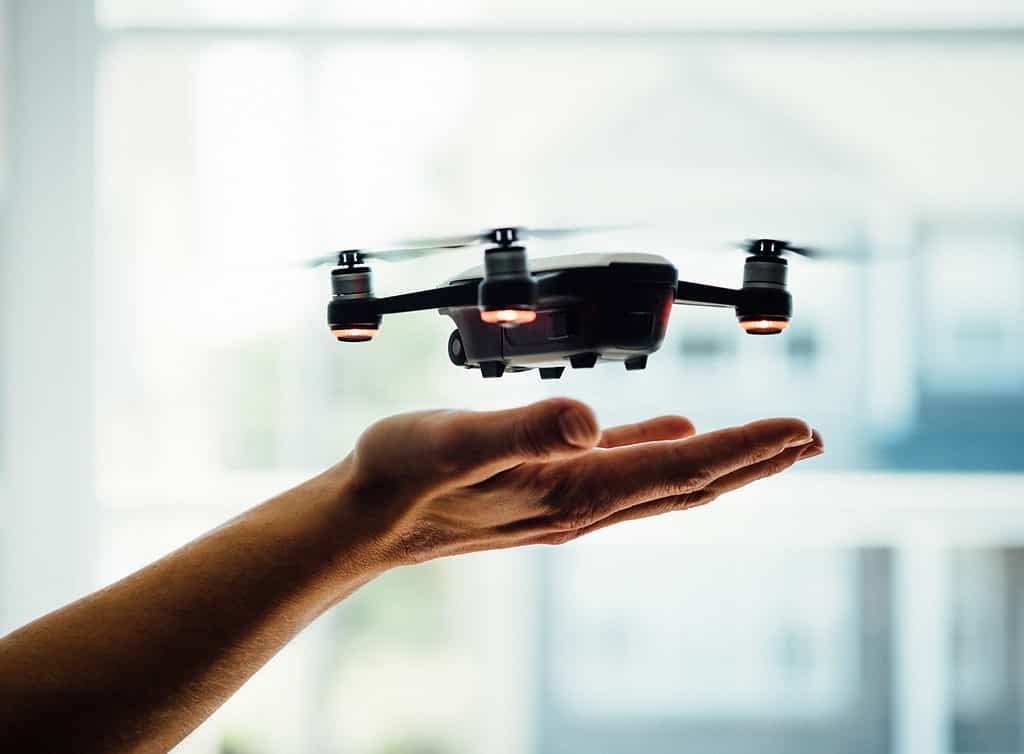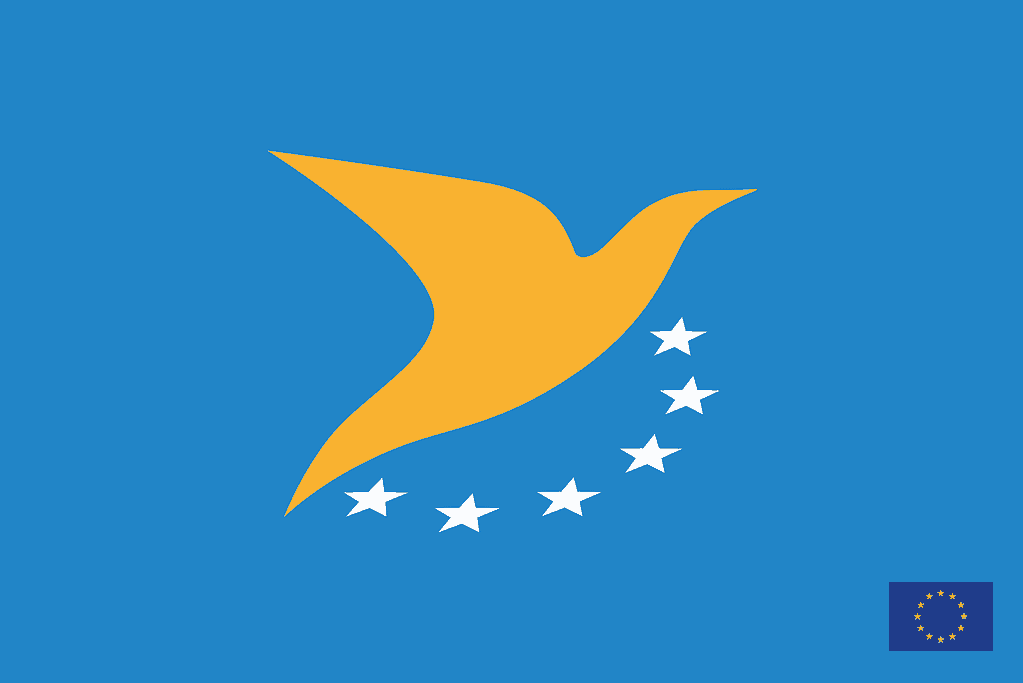Drone Laws in Iran
Hobbyist Drone Laws For Residents of Iran
Drone Operations in Iran are currently regulated.
- Hobbyist drone flights are allowed in Iran
- Hobbyist Iran drone pilot license is not required
- Hobbyist Drone registration/permit is required in Iran for hobbyists flying over 300g drone
- Drone Remote ID is not required in Iran for hobbyists
- Drone Insurance is not required but recommended for hobbyists’ drone operations in Iran
Read below for more details on Hobbyist Drone Laws in Iran and to find links to regulators and other credible sources!
Agencies Responsible for regulating drones in the Islamic Republic of Iran
Drone Regulator in Iran: Civil Aviation Organization of Iran (CAOI). Please note that the websites are frequently not reachable.
UAS Laws – General rules for flying drones in Iran
The Iranian agency responsible for drone safety, CAOI, has provided many internet-accessible details on flying for fun or work. The highlights are enumerated below. For more details go to the link above.
Are drones allowed in Iran?
Can you fly a drone in Iran? Yes. According to CAOI, drone use is allowed in Iran, subject to strict CAOI regulations. Read on for more details.
Here are the most important rules to know for flying a drone in the Islamic Republic of Iran:
- Avoid flying your drone over people or crowds.
- Maintain a minimum of 250 meters between your drone and residential areas, schools, cinemas, or crowds.
- When flying your drone, be mindful of other people’s privacy.
- Avoid flying your drone near military installations, power plants, or other areas that may cause local authorities concern.
- Keep your drone’s altitude below 50 meters (165 feet)
- You must fly during daylight hours and only in favorable weather (visibility greater than 3km)
- Avoid flying your drone within 2 kilometers of airports or in areas frequented by aircraft.
- Any drone weighing more than 300 grams requires a permit, making the DJI Spark the only mainstream drone permitted to fly in Iran.
Areas restricted to drone use
The following areas are prohibited from being used by drones:
- Military zones
- Tehran the capital
- Police stations
- Nuclear power plants
There have already been incidents in Busher, Natanz, Qom, Arak, and Isfahan in which spy allegations have been leveled concerning the use of drones.
Notes for recreational drone pilots flying for fun in Iran
If your drone weighs less than 300 grams, you are not required to obtain a drone permit.
Drone Laws For Visitors To Iran
Drone Operations in Iran are currently regulated.
- Foreign visitor drone flights are allowed in Iran with permission
- Foreign visitor drone pilot license is not required
- Drone registration/permit is required in Iran for visitors/tourists
- Drone Remote ID is not required in Iran for tourists
- Drone Insurance is not required but recommended for tourist drone operations in Iran
Read below for more details on Drone Laws in Iran for Visitors (Tourists) and to find links to regulators and other credible sources!
Note for Foreign Operators
Iran’s current legal situation regarding drone use is unclear. However, numerous reports have emerged of drone users having negative experiences. As a result, bringing your drone into the country is not recommended unless you can obtain permission.
In Iran, arrests for using GPS-enabled devices or cameras can occur very quickly. When you enter the country using appropriate technology, the Iranian security authorities quickly assume you are a spy. In some instances, the accused were not permitted to leave Iran until a court ruling was issued.
Commercial Drone Laws For Residents of Iran
Drone Operations in Iran are currently regulated.
- Commercial drone flights are allowed in Iran
- Commercial Iran drone pilot license is not required
- Commercial Drone registration/permit is required in Iran for commercial drone operators
- Drone Remote ID is not required in Iran for Commercial Drone Operators
- Drone Insurance is not required for commercial drone operations in Iran
Read below for more details on Commercial Drone Laws in Iran and to find links to regulators and other credible sources!
Notes for operating Commercial Drone Services in Iran
All aerial operations considered for a “commercial purpose” require a license, which you must apply for with the appropriate authority.
Drone Laws For Government Drone Operators in Iran
Drone Operations in Iran are currently regulated.
- Government drone flights are allowed in Iran
- Government drone pilot license is required
- Drone registration is required in Iran for Government operations
- Drone Remote ID is not required in Iran for Government operations
- Drone Insurance is not required for Government drone operations in Iran
Read below for more details on Drone Laws Iran for Government Drone Operations and to find links to regulators and other credible sources!
Useful published information on flying drones in Iran
Here is a sample of what you might expect if you follow the drone laws and fly in The Islamic Republic of Iran…
Authoritative Sources of Information on Iran Drone Laws
We will attempt to keep an updated list of online authoritative links to regulators and other official websites here:
- Drone Regulator Website: Civil Aviation Organization of Iran (CAOI). Please note that the websites are frequently not reachable.
- Link To SUAS Laws: N/A
- No Fly Zone Maps/Locations: N/A
- UAV Registration Site: N/A
- Drone Operator Licensing Site: N/A
- Others: N/A
NOTE: This page is about the Regulation of Unmanned Aerial Vehicles: Small Unmanned Aerial Systems (SUAS), Small UAS, Remote Piloted Aerial Systems (RPAS), unmanned aerial vehicle (UAV), Unmanned Aerial System (UAS), and drone are interchangeable terms unless specified. Model Aircraft, toy, remote-controlled, and RC aircraft may be covered by the same regulations unless specified.
Find out why
We think you must use a Drone Preflight Checklist
And a Drone Post-flight checklist
Free Drone Flight Checklist PDF
This Drone Flight Checklist is better than others.
It’s free!
It includes both the preflight checklist and post-flight checklist
It’s an easy-to-use printable PDF that covers all your bases.
Traveling with a Drone?
Click here to read our Comprehensive Guide For Traveling With A Drone.
LET US CONNECT YOU
Calling All Drone Service Companies, Trainers, Tour Guides with Drone Experience
Contact Us with your website, email address and phone number using our Contact Page
We want to share your information with visitors who look for credible providers that follow the rules.
NOW IT’S YOUR TURN





Leave a Comment